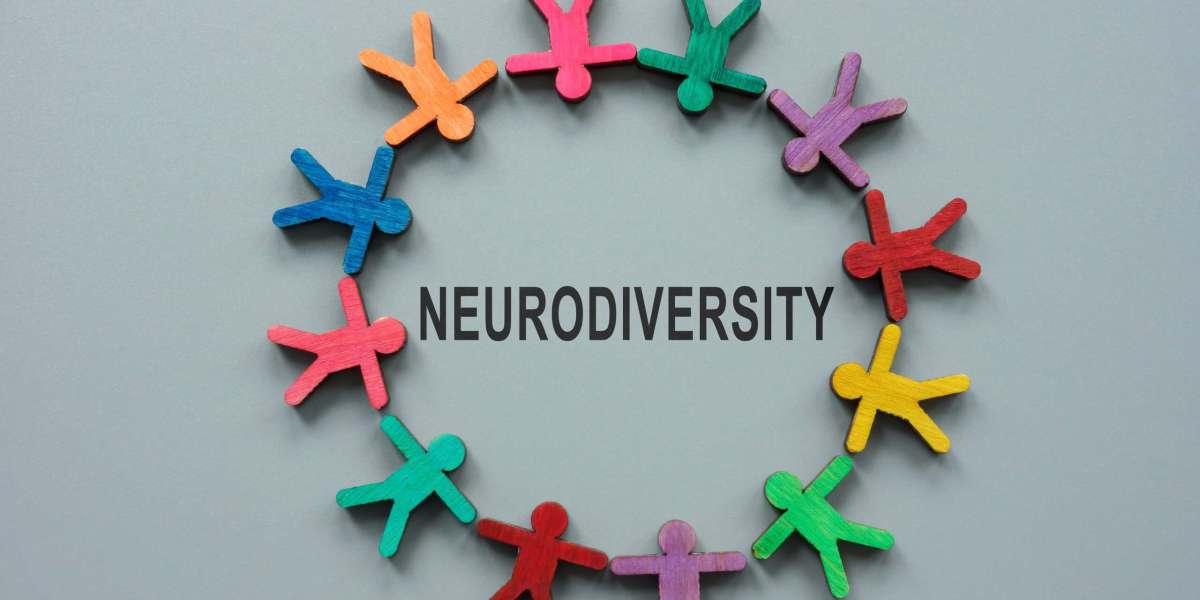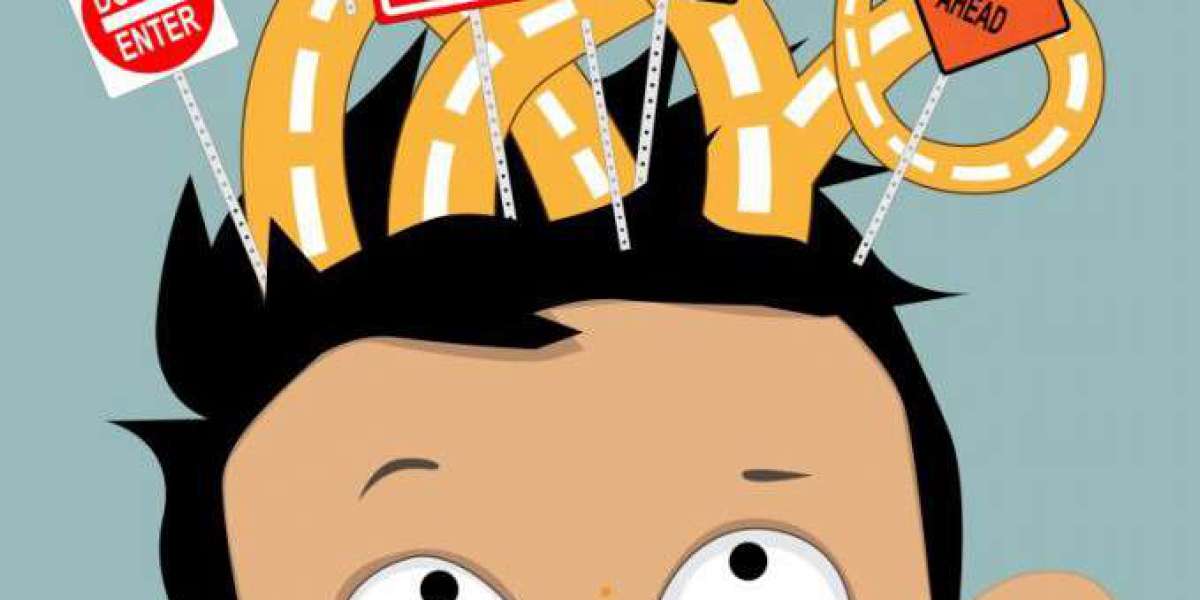While society has made strides in acknowledging the value of different racial, cultural, and gender identities, neurological diversity often lags behind in terms of acceptance and support.
This oversight isn't just a missed opportunity—it’s a significant danger that can have profound consequences for individuals with neurological differences like ADD (Attention Deficit Disorder), ADHD (Attention Deficit Hyperactivity Disorder), and other neurodivergent conditions.
The Perils of Misunderstanding and Stigmatization
When neurodivergent individuals are misunderstood or stigmatized, the impact can be devastating. People with ADD or ADHD, for instance, are often labeled as "lazy," "disruptive," or "unmotivated."
These labels not only fail to capture the true nature of these conditions but also contribute to a negative self-image. Imagine being told from a young age that your inability to focus or sit still is a personal failing rather than a neurological difference. The result is often a deep sense of shame and inadequacy, which can spiral into anxiety, depression, and low self-esteem.
Stigmatization also perpetuates a cycle of exclusion. In schools, neurodivergent students who do not receive the right support may struggle academically, leading to a lack of opportunities and diminished career prospects. In workplaces, neurodivergent employees who are not accommodated may find it difficult to thrive, resulting in job instability or underemployment. This exclusion not only affects the individuals but also deprives society of the unique talents and perspectives that neurodivergent people can bring.
The Hidden Costs of a Lack of Support
The absence of adequate support for neurodivergent individuals is not just a personal tragedy—it’s a societal one. When children with ADD or ADHD are not given the tools they need to succeed, they are at a higher risk of dropping out of school. According to research, students with ADHD are more likely to have lower grades, be expelled, or even end up in the juvenile justice system—a phenomenon sometimes referred to as the "school-to-prison pipeline."
For adults, the lack of support can manifest in a host of negative outcomes. Without proper accommodations, neurodivergent individuals may struggle to maintain steady employment, leading to financial instability and, in some cases, poverty. They may also be more susceptible to substance abuse as they attempt to self-medicate in a world that doesn’t understand or accommodate their needs.
Moreover, the mental health toll of living in a world that doesn't accept or support neurodiversity cannot be overstated. Neurodivergent individuals are at a higher risk of developing mental health issues such as depression and anxiety, particularly if they have spent years feeling misunderstood or marginalized. In extreme cases, the stress and isolation of living without support can lead to suicidal thoughts or behaviors.
The Broader Impact on Society
The dangers of ignoring neurodiversity extend beyond the individual. Society as a whole suffers when we fail to accept and support neurodivergent people. Innovation, creativity, and progress rely on diverse perspectives and approaches to problem-solving—exactly what neurodivergent minds often excel at. When these individuals are sidelined, we all miss out on potential breakthroughs and advancements.
Furthermore, the economic cost of failing to support neurodiversity is significant. The lack of proper educational accommodations, mental health support, and employment opportunities for neurodivergent individuals leads to increased healthcare costs, higher rates of unemployment, and greater reliance on social welfare programs. Investing in support systems for neurodivergent individuals is not just a moral imperative—it’s an economic one.
The Consequences of Inaction
Inaction in the face of neurodiversity can lead to a perpetuation of harmful cycles. Children who grow up without support for their neurodivergence often become adults who continue to struggle. The absence of early interventions and appropriate accommodations can result in long-term challenges, including difficulty in forming relationships, maintaining employment, and achieving personal goals.
Moreover, when society fails to embrace neurodiversity, it sends a message that only certain ways of thinking and being are valued. This can lead to a homogenization of thought, where only those who fit the "norm" are encouraged to succeed, while others are left behind. Such an approach is not only unjust but also detrimental to the richness and diversity of human experience.
The Path Forward: Building a Culture of Acceptance and Support
The dangers of neglecting neurodiversity are clear, but so too is the path forward. We must build a culture that not only accepts but celebrates neurological differences. This begins with education—teaching children from a young age that there is no single "right" way to think or learn. Schools should be equipped with the resources and training necessary to support neurodivergent students, helping them to thrive rather than simply survive.
In the workplace, employers must recognize the value of neurodivergent employees and create environments where they can succeed. This might involve offering flexible work hours, providing quiet workspaces, or allowing for alternative methods of communication. By doing so, companies not only support their employees but also tap into a wealth of creativity and innovation.
Mental health support is also crucial. Neurodivergent individuals should have access to therapies and treatments that address their unique needs, without the stigma that often accompanies seeking help. Healthcare providers must be trained to understand neurodivergence and to offer care that is both compassionate and effective.
Conclusion: A Call to Action
The dangers of ignoring neurodiversity are too great to overlook. When we fail to accept and support neurodivergent individuals, we not only harm them but also impoverish our society as a whole. But when we embrace neurodiversity—when we provide the acceptance, support, and resources that neurodivergent individuals need—we open the door to a more inclusive, innovative, and compassionate world.
It’s time to move beyond outdated notions of "normal" and to recognize that every brain is valuable. Let’s build a future where neurodivergent individuals are not just accepted but celebrated for the unique perspectives and talents they bring. In doing so, we create a world where everyone has the opportunity to thrive, and where the full spectrum of human potential is realized.



